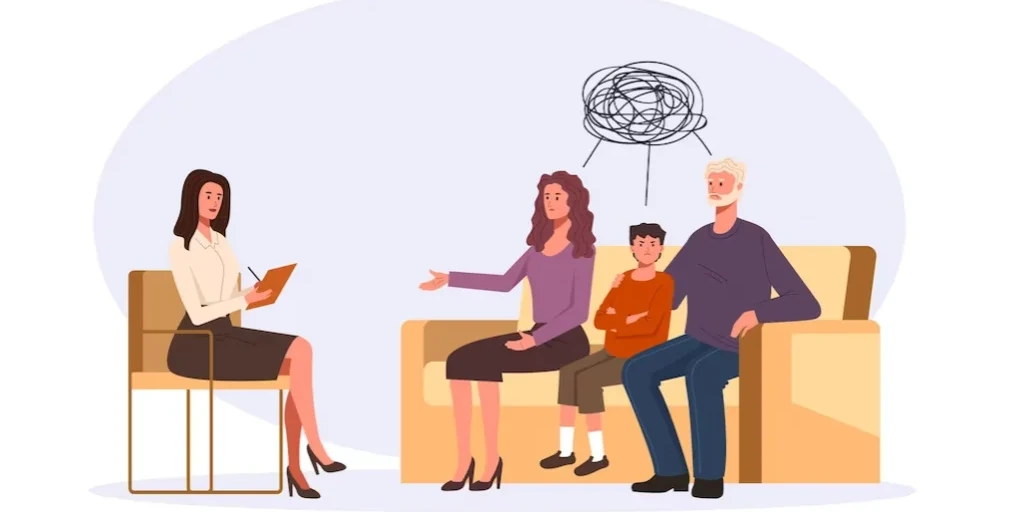24/7 Helpline:
(866) 899-111424/7 Helpline:
(866) 899-1114
Learn more about Opioid Rehab centers in Screven County
































































Other Insurance Options

WellPoint

Absolute Total Care

Medical Mutual of Ohio

Self-pay options

Optum

Access to Recovery (ATR) Voucher

Health Net

GEHA

Regence

BHS | Behavioral Health Systems

Optima

UMR

Meritain

Private insurance

MHNNet Behavioral Health

Amerigroup

WellCare Health Plans

Holman Group

Anthem

Excellus